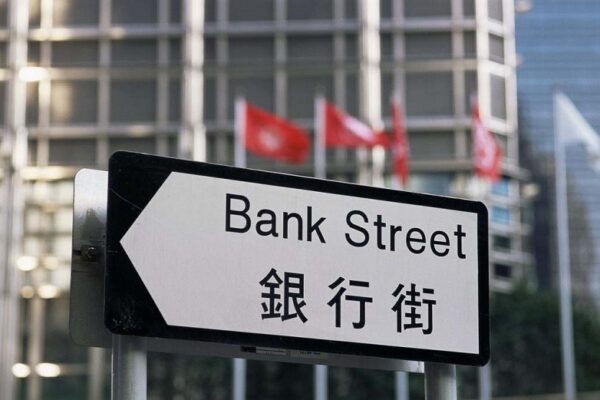Making the right decision when it comes to real estate investment in Japan is not an easy task. This is especially complicated when it comes to the effect of the age of the house on the value of the property.
In this article, let's take a closer look at some of the Japanese real estate market'sKey conceptsThe
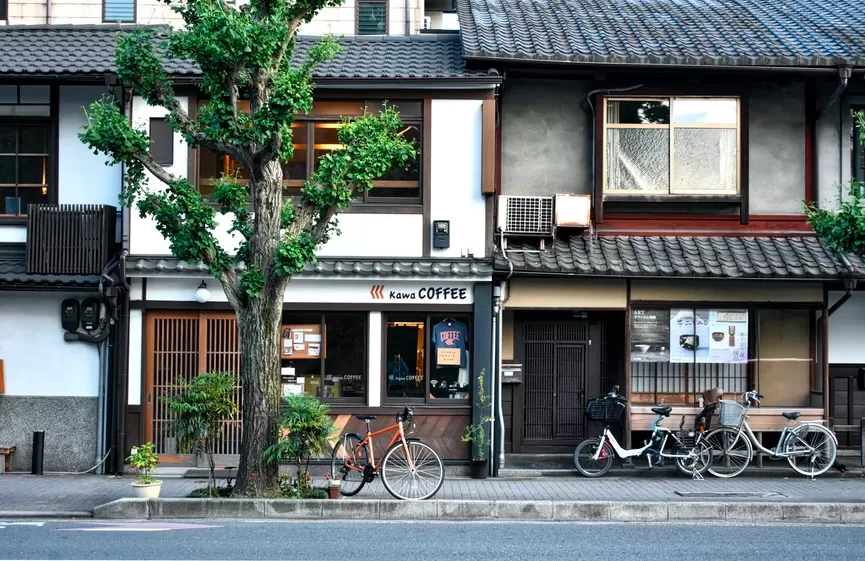
01
Classification of housing age in Japan
🏠Tsukushige
According to the results of a survey, 80% Japanese people believe that houses that are less than 5 years old are considered to be tsukushige houses, however, in the actual Japanese second-hand housing market, "tsukushige" generally refers to houses that have been completed for less than 5 years.Properties built within 10 yearsThe
This cognitive difference reminds us that understanding and applying the right terminology can help us make more accurate choices in the vast amount of information available about a property.
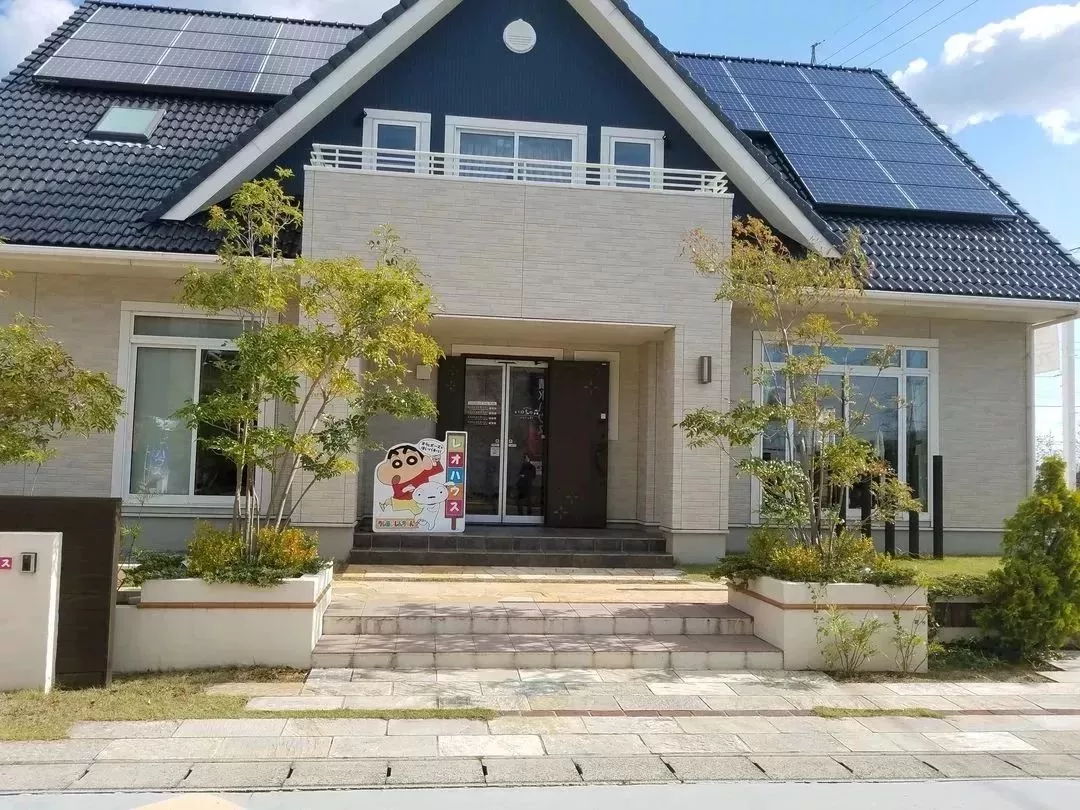
🏠Shinzoku
By definition."Less than one year after completion and not occupied"The house will be clearly labeled as a Shinchiku property.
There are two core elements here:Construction timecap (a poem)usage stateEven if a house was built within the last year, it cannot be called "Shintsuke". Even if a house has been built within the last year, as long as it has been lived in, it cannot be called a "Shintsuke" and will be labeled as a "Chikusen".
🏠Middle Ages
In Japan, the largest number of properties are actually mid-century properties, which are often referred to in China ashouse acquired indirectly through a middle-manThe
As JapanScarcity of land resources, the limited number of new condominium developments has made secondary housing the norm.
Although the age of a house is often mentioned, the Japanese propertyregular maintenancetogether withOwners' shared repair cost systemThis ensures that the quality of the property does not deteriorate dramatically due to age, and in some ways is even superior to properties of the same age in the country.
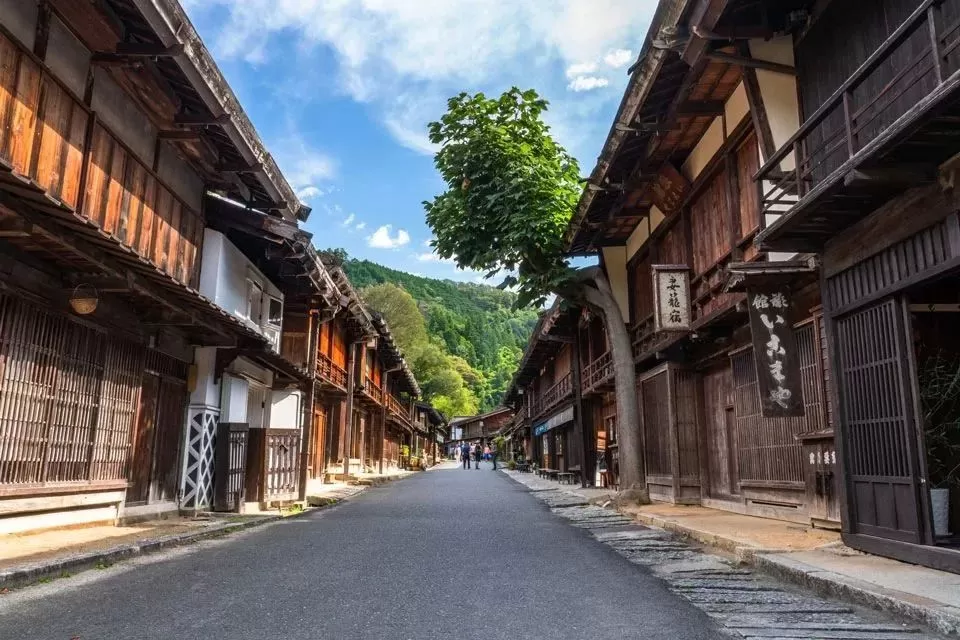
For investors, they tend to focus more on the age of the home than theOverall value retention of the property. This means that as long as the property is able to maintain its value in the future, its actual age is no longer a primary consideration.
02
Factors that really affect property values
What are the factors that really determine the value of a property in the Japanese real estate market?
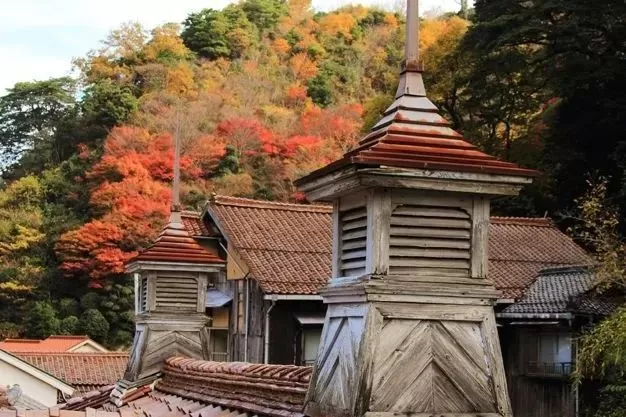
➤ Stability of land values
The value of property in Japan includes not only the building itself, but also the land underneath it. As a country with private land ownership, even though buildings naturally depreciate over time, the value of a property is not only the building itself, but also the land underneath.The value of land, however, tends to remain stable or even increaseThe
➤ Lot factors
Location is an important factor in determining the value of a property. Located inMetropolitan area city centermaybeInterchange stations in major citiesProperties in the neighborhood, due to high demand, usually have a higher equity value.
Additionally, homes located in areas of increasing population are more attractive, as rental demand is typically higher in these areas.
➤ Building quality and maintenance
Select thoseDurable building materials, good property management, relatively low maintenance costsof the property can maintain its marketability over time and reduce depreciation in value due to poor maintenance.
➤ Vibration resistance
1981Reform of the Building Standards ActImproved seismic performance standards for buildingsThis allows older buildings to maintain good seismic performance as well, which is great for preserving the value of the property.
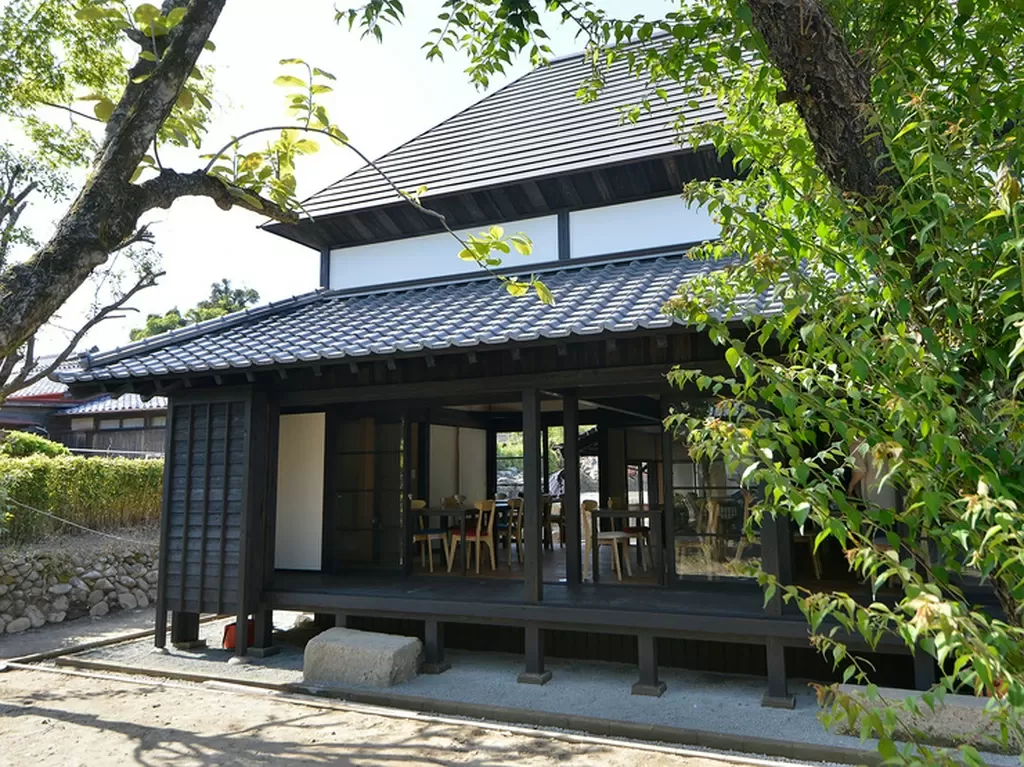
From the perspective of the rental market, the number of years of construction may not be the first condition to be discarded if there is a trade-off to be made between a number of considerations, but it is by no means the decisive factor.
In summary, while age has an impact on the value of Japanese real estate, it is far from decisive. Investors should rather focus onCore elements such as land value, location, building quality and maintenance, and seismic performanceto make more accurate and long-term investment decisions.
If you are interested in investing in Japanese real estate, please feel free to contact us!
